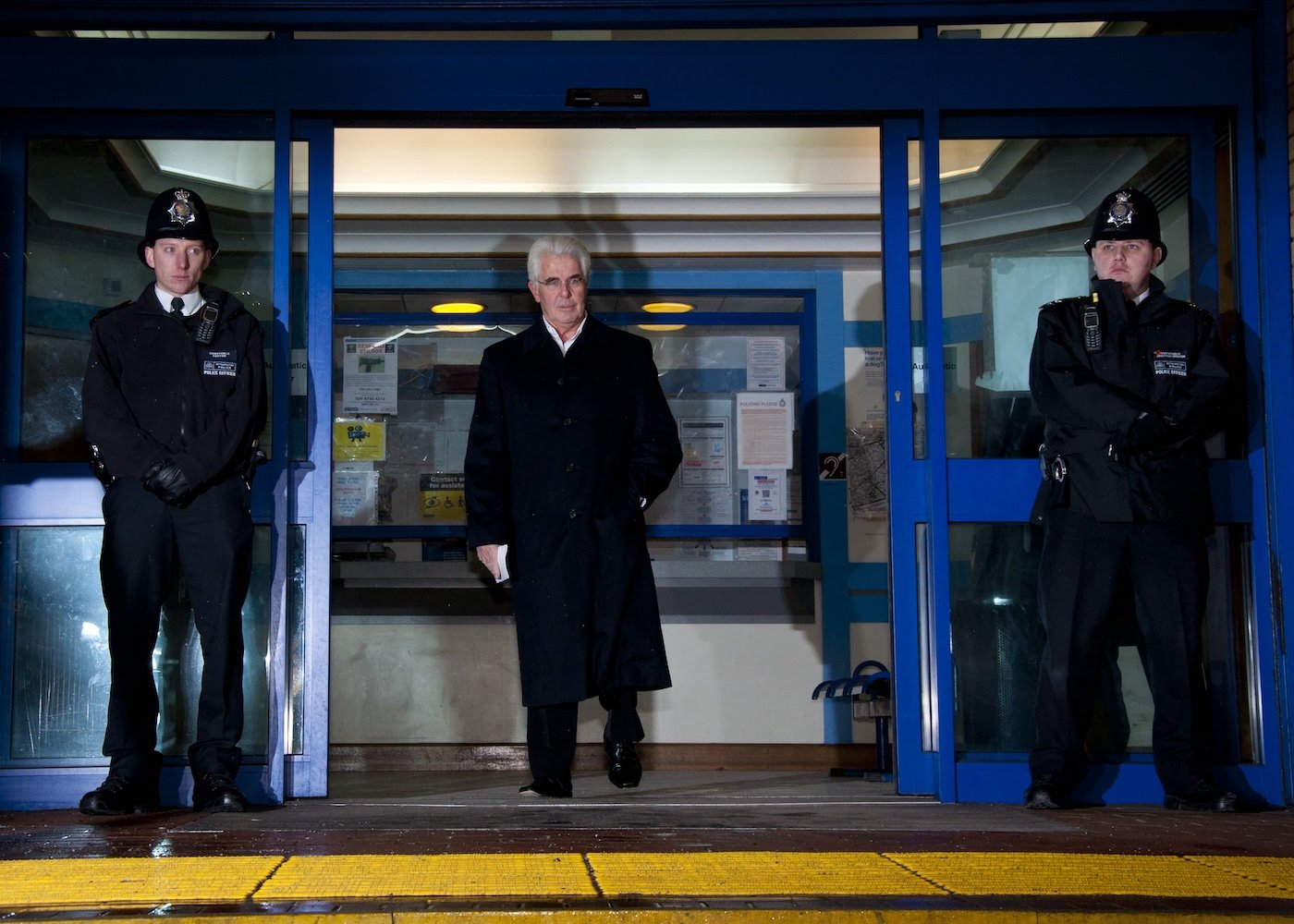
In a trial that both captivated and shocked the UK public, the famed ‘Kiss and Tell’ publicist Max Clifford was found guilty of eight counts of indecent assault from 1966–85 and sentenced to seven years imprisonment on May 2, making him the first person to be convicted under Operation Yewtree.
The truly shocking effect of the case lay in the exposure of a man who used his reputation to manipulate and prey on young women and girls, then relied on this same influence to ensure that his crimes were not brought into public light.
Apart from the obvious irony in a story about a man who made his living dealing in scandal becoming embroiled in one himself, the case is also compelling from a PR perspective. The potential repercussions Clifford’s sentence could have on the Public Relations industry is an issue that has divided opinion since the trial began.
Even prior to the trial Max Clifford was one of the most well-known people working within the sphere of celebrity PR in the UK. For this reason it may be hard for many members of the public to dissociate Max Clifford and his crimes from the wider world of public relations. The reality is that Clifford and his firm, Max Clifford Associates, operated within a very small and specific corner of the public relations world. Clifford’s work mainly concerned managing the reputations of celebrities and he dealt almost exclusively with tabloid newspapers. There is no logical reason why his actions should have any bearing on public relations and communications firms.
PR firms now deal with a completely different kind of client base and offer a wider and more diverse range of strategic and communications services to clients than Clifford did. What’s more, the issue as to whether Max Clifford can even really be described as a ‘PR man’ is contentious in itself, with a PRCA Leader’s Panel poll revealing that 49% of respondents voting against the term. The PRCA even held a poll on the impact of Mac Clifford’s trial that can be found here.
Max Clifford is in many ways a relic of the old world of public relations and publicity, an industry that now provides services that are much more complex and far ranging than the public relations services offered by Clifford. Ultimately, the Max Clifford verdict is unlikely to have too much of a negative effect on the PR industry. Most clients of PR and Communications firms can see that Max Clifford and his actions do not and should not have any bearing on the increasingly varied public relations industry as a whole. What remains to be seen, however, is the effect that this story will have on the general population’s ideas about PR. Ironically it could lead to a situation where the public relations industry is the one that suffers from poor public perception.

